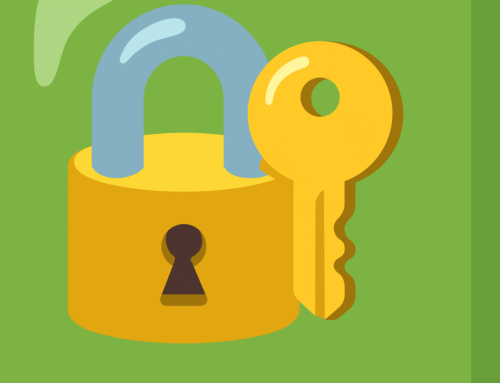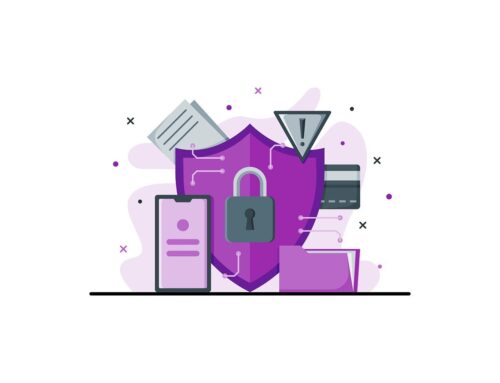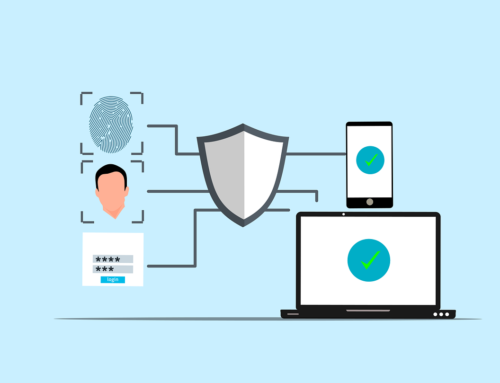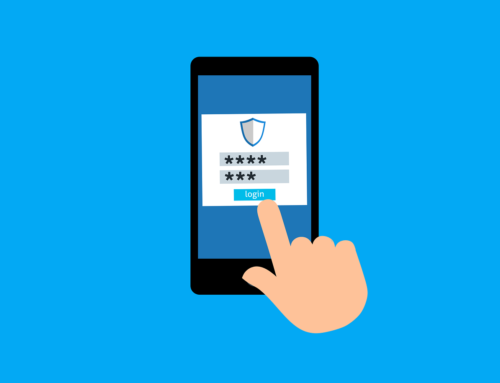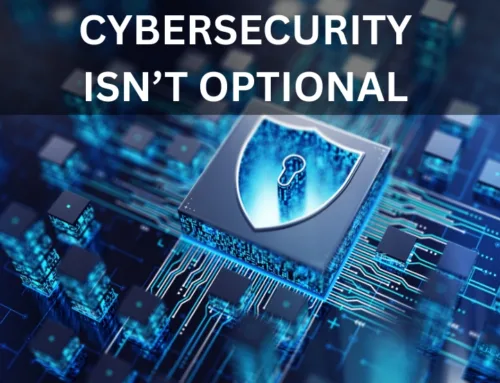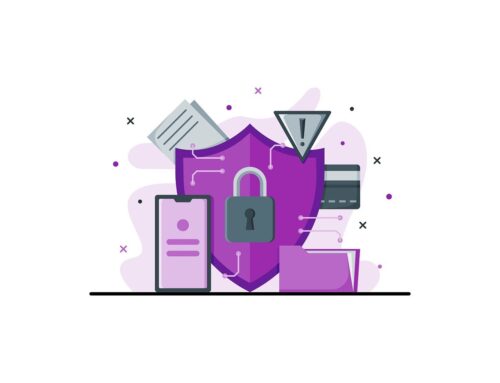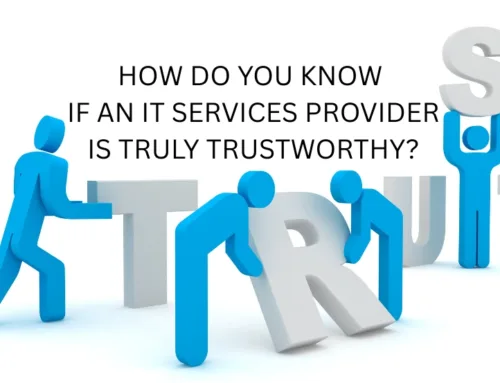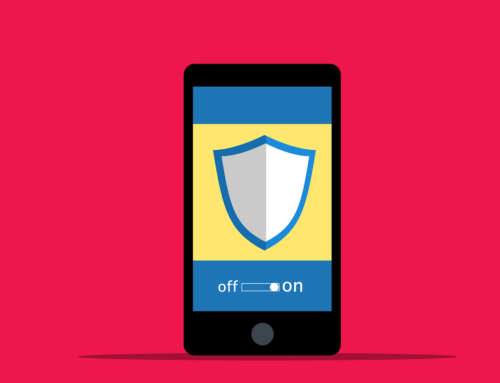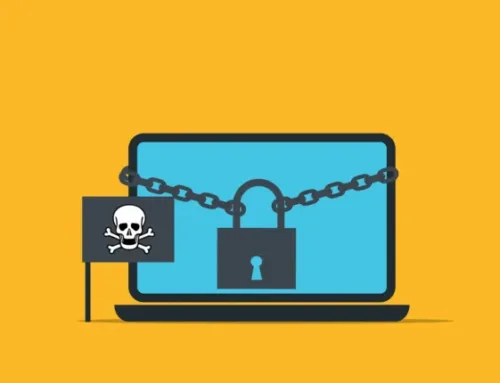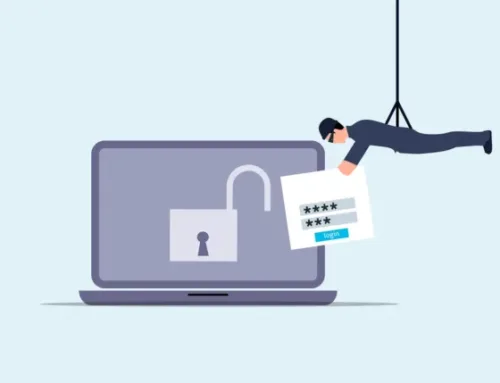
Why Invest in a Password Manager Like Keeper or Bitwarden When Chrome and Edge Already Have One?
As a business owner, you care about outcomes — not extra tools for the sake of it. And you’re absolutely right: Google and Microsoft are cybersecurity giants. They invest billions into security, and the built-in password managers in Chrome and Edge are convenient and secure for personal use. So why would an SMB pay for a third-party password manager?
Because Chrome and Edge weren’t designed for business-grade password governance.
Tools like Keeper and Bitwarden go beyond simply “storing passwords.” They give you features that help your team stay secure, reduce human error, and meet compliance standards — without getting in the way of productivity.
While you trust the big names, their browser-based password features have three critical blind spots that can expose your entire business to risk. When it comes to managing the keys to your company, convenience is no match for architectural control and team management.
Here is why that multi-billion-dollar security budget doesn’t translate to the best protection for your business secrets.

1. The Critical Flaw: Browser Managers Are a Prime Target for Malware
You might assume that because your passwords sync to your Google or Microsoft account, they are untouchable. Unfortunately, this is not true.
Modern, highly destructive malware—known as info-stealers—are specifically programmed to hunt and extract credentials saved in browsers like Chrome and Edge.
The DPAPI Decryption Vulnerability
Browser password managers typically store your encrypted passwords locally on your Windows machine, relying on a system feature called the Data Protection API (DPAPI). If an attacker gains access to a user’s local Windows profile—which happens easily through compromised downloads or phishing—they can potentially exploit this reliance on the local user credentials to decrypt and steal all passwords saved in that browser.
In short: If a single employee’s corporate laptop gets infected, every password saved in their browser—from your bank login to your SaaS tools—can be compromised instantly. This is a single point of failure that your SMB cannot afford.
2. The Architectural Difference: Why Zero-Knowledge is a Must-Have
A dedicated, third-party password manager is not just a digital note-saver; it is a cryptographic vault built on a principle called Zero-Knowledge. This fundamental difference is the single most important security upgrade you can make
Feature | Browser Manager (Chrome/Edge) | Dedicated PM (Keeper/1Password/Bitwarden) |
Decryption Key Location | Often tied to your operating system or cloud account. | Only stored on your device, generated by your unique Master Password/Secret Key. |
Server Security | Highly secure, but subject to broad platform rules. | Zero-Knowledge: The company’s servers only store encrypted, useless data (ciphertext). |
Worst-Case Scenario | If a hacker breaches your local device, all saved passwords are at high risk of immediate decryption and theft. | If a hacker breaches the password manager vendor's servers, they only get encrypted gibberish that is impossible to unlock without the key on your device. |
A dedicated password manager ensures that only you know the key to your vault. Even if the password manager company itself were compromised, they still couldn’t access your passwords because they architecturally don’t possess the decryption key. This is an extra layer of data protection that browser managers simply do not offer.
📢 Unified IT Recommends: Keeper Security
Our preferred SMB password manager, Keeper Security, is built on a robust Zero-Knowledge and Zero-Trust architecture. This is a non-negotiable standard that fundamentally protects your organization from even the most sophisticated server-side breaches.

3. The Business Imperative: Centralised Control and Compliance
Browser-based managers are designed for one person. Businesses need tools designed for teams. This is where dedicated managers provide indispensable administrative control that no SMB can afford to ignore:
- Secure Sharing is Impossible with Browser Managers: How do you securely share the social media login or the Wi-Fi password with your marketing team or a new hire? You likely text it, email it, or write it down—all massive security breaches waiting to happen. Dedicated pasword managers allow you to share sensitive credentials with specific team members instantly and securely, without anyone ever seeing the password itself.
- Mandatory Security Policies: A dedicated solution lets you enforce crucial company-wide rules, such as requiring all employees to use Multi-Factor Authentication (MFA) or ensuring everyone generates strong, unique passwords for every site. This policy enforcement is key to IT security compliance.
- Administrative Oversight and Reporting: You need to know where your risks are. Dedicated password managers—like Keeper and Bitwarden —can provide security reports for your entire team, highlighting which employees are reusing passwords or using weak ones (like “Password123”). This allows you to proactively fix security holes before an attack occurs.
- Easy Onboarding and Offboarding: When an employee joins, you grant them access to only the specific vaults they need. When they leave, you revoke access instantly. This centralised control prevents former employees from retaining keys to your business systems.
- Enterprise Integration: Third-party password managers integrate seamlessly with your existing infrastructure, including Single Sign-On (SSO) systems like Microsoft Entra ID (formerly Azure AD), simplifying logins while maintaining the zero-knowledge guarantee.
The Takeaway for Your Business: Shift to an Enterprise Mindset
Your trust in Microsoft and Google is well-placed for their core services. However, a dedicated SMB password manager is not just another piece of software; it is a vital layer of Zero-Knowledge defense and a necessary administrative tool for managing a modern business.
You need to shift from a consumer mindset of convenience to an enterprise mindset of control. By investing in a dedicated platform likeKeeper and Bitwarden, you move your most critical secrets out of the malware crosshairs and gain the administrative power to protect your entire team.
Actionable Step: Implement a free trial of an enterprise password manager today and run a simple test: Ask a trusted employee to securely share a critical account login with you. You’ll immediately see the business value that the built-in browser tools cannot deliver.
AI’s Hidden Cost: How to Audit Your Microsoft 365 Copilot Usage to Avoid Massive Licensing Waste
Artificial Intelligence (AI) has taken the business world by storm, pushing organizations of all sizes to adopt new tools that boost efficiency and sharpen their competitive edge. Among these tools, Microsoft 365 Copilot rises to [...]
The Smarter Way to Vet Your SaaS Integrations
Your business runs on a SaaS (software-as-a-service) application stack, and you learn about a new SaaS tool that promises to boost productivity and streamline one of your most tedious processes. The temptation is to sign [...]

